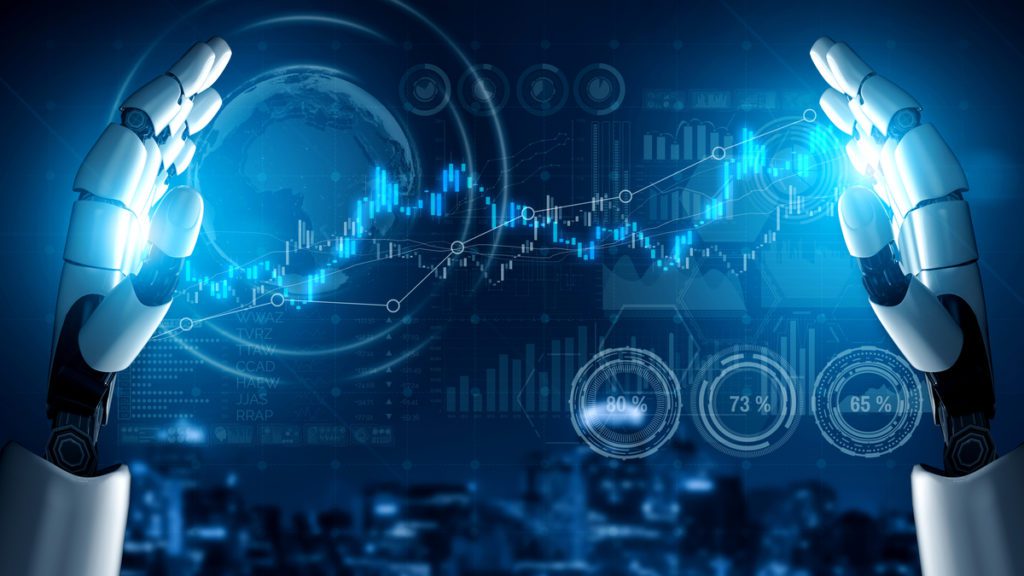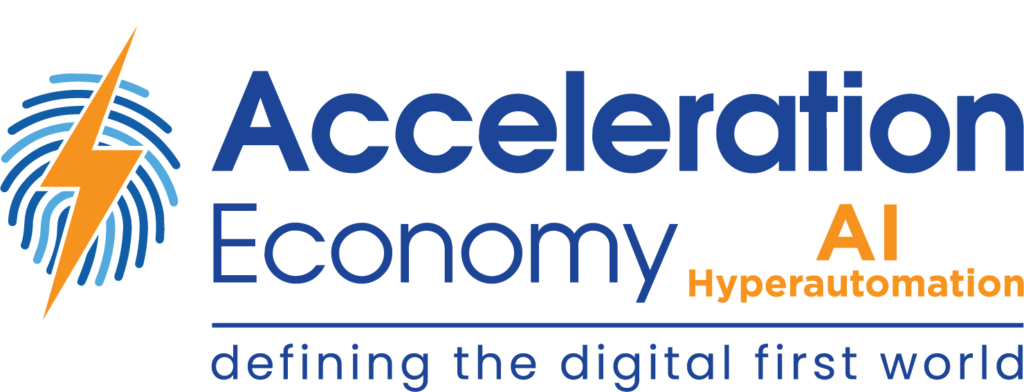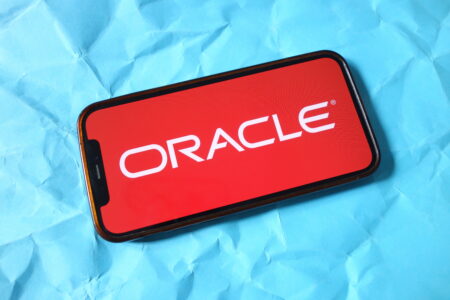RPA and Blockchain Defined:
Robotic Process Automation (RPA) is able to automate processes and operations by mimicking human behavior and works across various platforms. However, Blockchain is a very different type of technology that provides a secure and unchangeable record of transaction data that cannot be manipulated.
Robotic Process Automation (RPA) can help facilitate the adoption of blockchain in the context of information interchange between different IT systems. Blockchain and RPA could work effectively together in tracking and performing transactions across the entire system. RPA is able to work in any environment with ease and without any concerns. The transactions will be verified and transmitted using the blockchain. The information will be stored in a decentralized ledger, making it impossible to alter or erase it.
As a result, conducting audit trials will be a piece of cake for businesses. They will ensure that the buyer’s calls are answered in the most efficient manner possible by automating the workflow.
RPA and Blockchain offer several advantages:
Companies today are extremely concerned about compliance. They want to make sure that they are adhering to the rules and regulations of their local government, as well as the requirements set forth by governments located where they do business. When a business operates worldwide, compliance becomes an even more difficult problem and that much more difficult to solve. The pairing of RPA and Blockchain can be used to automate tedious manual tasks that differ by location and make the goal of achieving compliance much easier to attain.
Blockchain and RPA each have their own advantages, such as increased operational effectiveness, reduced turnaround time, and enhanced customer satisfaction. A simple operation like filling out an e-form or sending an email has progressed into leveraging AI/ML in automating visual perception and decision-making processes. Originally, Blockchain was used for Cryptocurrency transactions, such as bitcoin, but it has since matured into a standalone system that allows secure and reliable transactions.
Customer happiness is the ultimate goal of any business or industry. To this purpose, RPA and Blockchain have each contributed in their own unique way. RPA aids in the automation of any repetitive and high-volume job, while Blockchain ensures the security of all transactional activities. By combining technology, companies may increase customer satisfaction in areas including compliance, resource management, loyalty, process automation, and optimization.
RPA and Blockchain are already being tested and used by many businesses:
Numerous businesses have discovered several advantages to using RPA to automate processes, but the most essential one is that it is completely secure. Securing automations helps many industries expand faster and improve customer satisfaction by combining the two. They both began their adventure in banking and finance, where they can assist assure secure and automated transactions every day when used together.
These technologies can help in areas that require a manual audit to verify compliance. An immutable ledger is provided via blockchain, while RPA ensures compliance and eliminates human errors. It’s possible to access these auditing records at any moment.
An organization’s ability to keep its customers pleased while also providing rapid, safe transactions helps them build a wide client base.
RPA’s automated decision-making processes benefit greatly from the decentralized ledger since it provides a way to store process data and business transactions. Use cases for automated trustworthy data processing include KYC, insurance claim payouts, HR recruitments, and so on.
Looking for real-world insights into artificial intelligence and hyperautomation? Subscribe to the AI and Hyperautomation channel:








